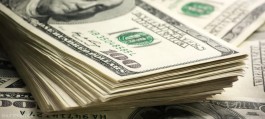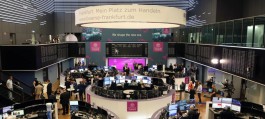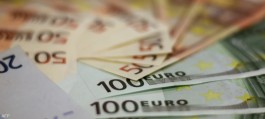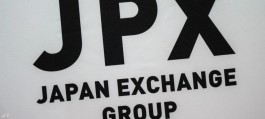The Japanese yen fell in the Asian market on Monday against a basket of global currencies, continuing its losses for the second day in a row against the US dollar, moving away from its highest level in two weeks, with corrections and profit-taking continuing.
The yen is hovering around the psychologically important 150 yen per dollar barrier, as investors await a key speech by Bank of Japan Governor Kazuo Ueda on the country's inflation developments and the future of negative interest rates.
Price overview
Japanese yen exchange rate today
The dollar rose against the yen by about 0.2% to (150.21¥), from the opening price of today's trading at (149.96¥), and recorded a low of (149.84¥).
The yen lost about 0.1% against the dollar at the end of trading on Friday, as part of correction and profit-taking operations, after recording the highest level in two weeks at 149.20 yen the previous day.
In terms of trading last week, the Japanese yen achieved a 0.3% increase against the US dollar, in the first weekly gain in the last five weeks, and the largest weekly gain in 2024, specifically since late December 2023.
How did the Japanese Yen take the lead in the global currency market last week?
The weekly gain was attributed to aggressive comments from a member of the Bank of Japan's monetary policy committee, in addition to a decline in the yield on the US 10-year Treasury bond.
Kazuo Ueda
Bank of Japan Governor Kazuo Ueda is scheduled to deliver a keynote speech on Tuesday on the country's inflation and wage developments after recent data, and on the future of ultra-easy policy tools and negative interest rates.
Kazuo Ueda said last week that it was too early to conclude that inflation was close to achieving the central bank's 2% target in a sustainable manner, and stressed the need to scrutinize more data on wage expectations.
Expectations
“If we are right in expecting that the wage negotiations will lead to further signs that inflation is becoming a bit more stable in Japan, then we are more likely to see the Bank of Japan exit negative interest rates,” said Bipan Ray, head of FX at CIBC Capital.
“However, I feel that the exit has already been priced into the market, and we are really looking at the kind of tweaking that the Bank of Japan is doing to its yield curve control program,” Ray added.
It is worth noting that major Japanese companies are scheduled to settle negotiations on next year's 2025 wages with unions on March 13, ahead of the Bank of Japan's policy meeting on March 18 and 19.






































